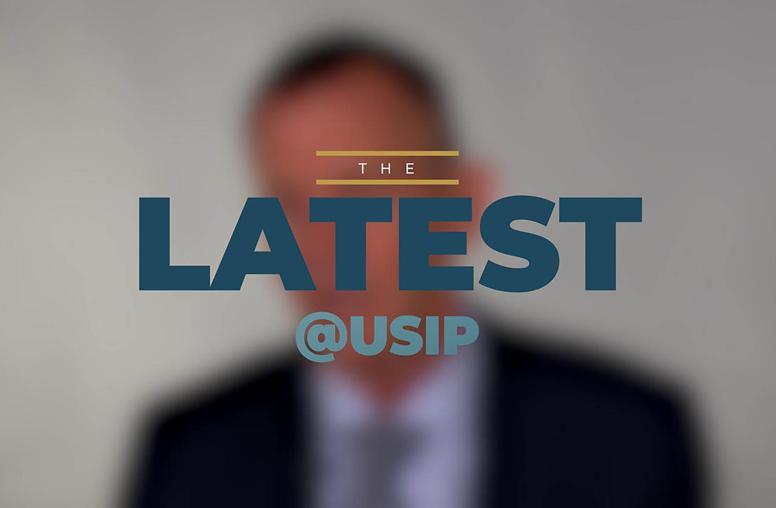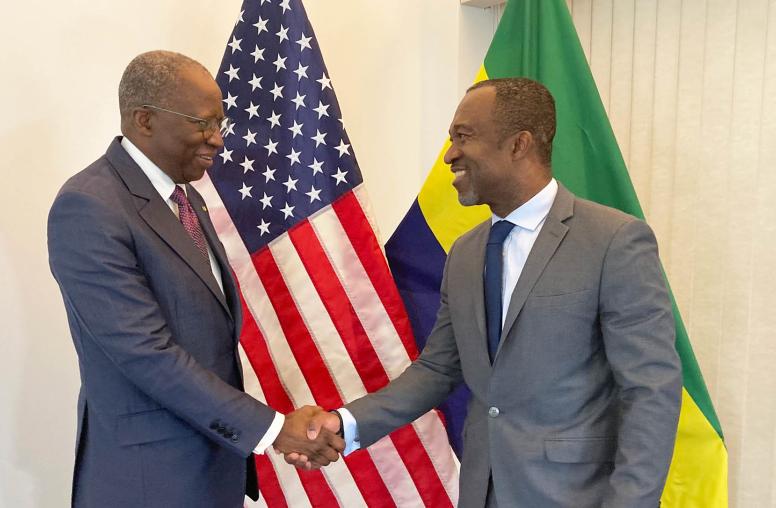Preventing Social Unrest in Economic Transitions
Conflict-Sensitive Solutions for Peaceful and Just Transitions to Sustainable Economies
The growing climate crisis and environmental shocks have sparked an unprecedented need for industrialized nations and major corporations to make revolutionary and potentially traumatic transitions in their production systems. Without a well-thought strategy for the potential shocks of divestment from polluting industries, the political and social backlash may slow down and altogether derail transitional efforts. The fallout from haphazard or unjust transitions could also deepen economic inequalities, spark recurring cycles of social unrest, diminish productivity and make businesses less competitive. The international community must be prepared to offer viable solutions for the millions of vulnerable workers and their households as they grapple with finding new livelihoods.
On May 17, USIP hosted a conversation on emerging research about the risks of unrest on the long road toward a more peaceful and just transition to sustainable economies in fragile contexts. Experts shared and discussed which approaches can more effectively manage these shocks that may disrupt labor markets in transitioning societies and what states can do to support their workers. The discussion also looked at recent cases from diverse geographies that provide lessons learned from failed processes and those that offer the best practices from early successes.
Continue the conversation on Twitter using #JustTransitionsUSIP.
Speakers
Moustapha Kamal Gueye
Director, Priority Action Programme for Just Transitions, International Labor Organization
Sonia Mistry
Climate and Labor Justice Global Lead, Solidarity Center
Elizabeth Ruppert Bulmer
Lead Economist, Jobs Group, World Bank
Liva Stokenberga
Advisor, Centre on Well-being, Inclusion, Sustainability and Equal Opportunity, Organization for Economic Co-operation and Development
Tegan Blaine, moderator
Director for Climate, Environment and Conflict, U.S. Institute of Peace



